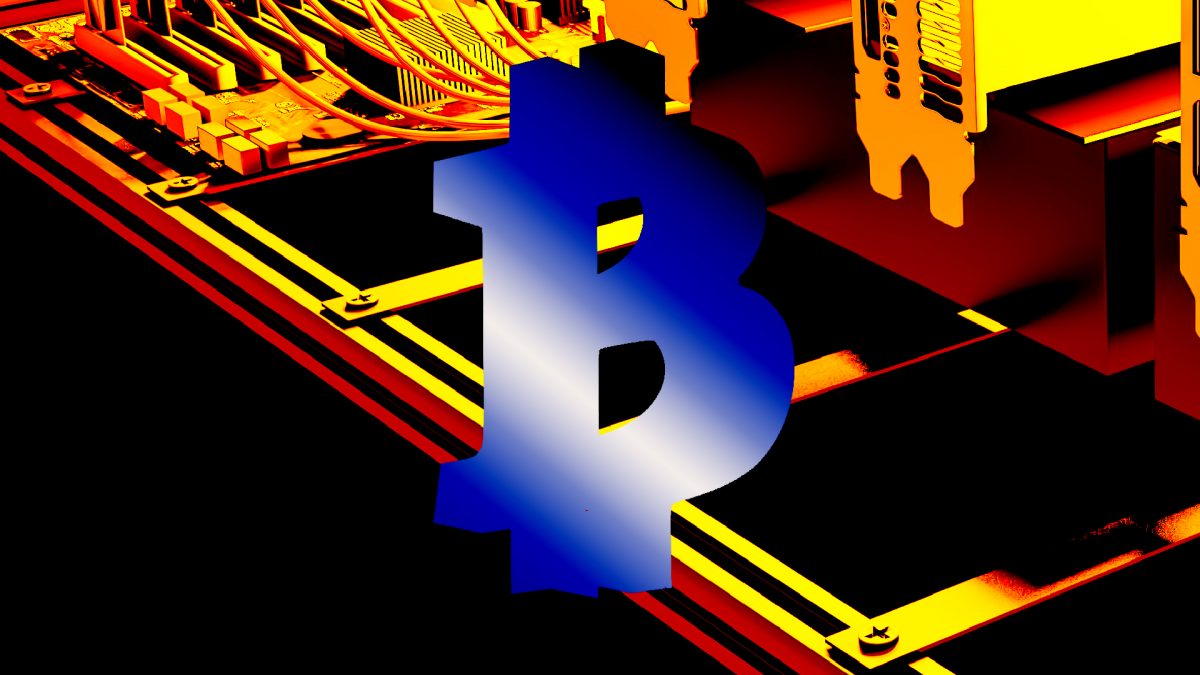Digital asset hedge fund One River files with SEC to create a carbon-neutral bitcoin ETF


One River, the digital asset hedge fund backed by billionaire investor Alan Howard, has officially filed to create bitcoin exchange-traded fund that incorporates the purchase of carbon credits in an effort to make the product carbon-neutral.
The firm's plans for the One River Carbon Neutral Bitcoin Trust were made public in April when it partnered with carbon credit platform MOSS. Bloomberg reported on One River's efforts earlier in April, with CEO Eric Peters telling the news outlet at the time that "There’s a lot of talk about the carbon footprint,” Peters said. “We decided it’s time to stop talking and start doing something about it."
"The One River Carbon Neutral Bitcoin Trust (the “Trust”) is an exchange-traded fund that issues common shares of beneficial interest (the “Shares”) that trade on the New York Stock Exchange (the “Exchange”). The Trust’s investment objective is to seek to track the performance of bitcoin, as measured by the performance of the MVIS One River Carbon Neutral Bitcoin Index (the “Index”), adjusted for the Trust’s expenses and other liabilities. The Index is constructed using bitcoin price feeds from eligible bitcoin spot markets and volume-weighted median price average (“VWMP”), calculated over 20 intervals in rolling three-minute increments with adjustments to reflect the current spot price of carbon credits necessary to offset the estimated carbon footprint attributable to each bitcoin. The Index is designed to reflect the performance of bitcoin in U.S. dollars on a carbon neutral basis. In seeking to achieve its investment objective, the Trust will hold bitcoin and will value its Shares daily based on the same methodology used to calculate the Index, as adjusted to reflect the expenses associated with the offsetting carbon credits. The Trust is sponsored by One River Digital Asset Management, LLC (the “Sponsor”), a wholly-owned subsidiary of One River Asset Management, LLC."
The filing later explains:
"The Trust intends to offset the carbon footprint associated with bitcoin by purchasing and retiring carbon credits necessary to account for the estimated carbon emissions associated with the bitcoins held by the Trust. The Trust has entered into an agreement with LIRDES S.A. (doing business as Moss Earth) (“Moss”), a company located in Uruguay, to purchase MCO2 tokens representing certified reductions in greenhouse gas emissions. The MCO2 tokens issued by Moss are assets encrypted and tokenized utilizing blockchain technology and are stored on a registry managed by Verra, an organization that establishes and manages standards and programs in connection with carbon credits (“Verra”)."
"Each circulating MCO2 token is intended to represent a claim on a certified carbon credit held in an aggregated pool of carbon credits within the Moss account on the Verra Registry. Tokenized carbon credits are fungible and do not represent a claim on a specific underlying carbon credit issued to a specific carbon reduction project," the filing continues. "The Trust will initially acquire MCO2 tokens from Moss from time to time at pre-negotiated prices in an amount sufficient to offset the estimated carbon footprint of the bitcoins held in the Trust's portfolio, with a view towards tracking the performance of the Index. Upon expiration of its agreement with Moss in April 2031, the Trust will either enter into a replacement agreement, or alternatively acquire MCO2 tokens or similar carbon credits at then current spot prices for such instruments."
The ETF's filing comes amid a widening public debate about the carbon footprint of the Bitcoin network and its mining ecosystem in particular. Other firms in the space have taken financial approaches to blunt the carbon impact of their operations in recent days, as previously reported. Among those is Ninepoint, a bitcoin ETF issuer in Canada that has also moved to offset the carbon impact of its products. However, critics charge that the move to utilize carbon offsets in conjunction with financial products amounts to little more than greenwashing.






